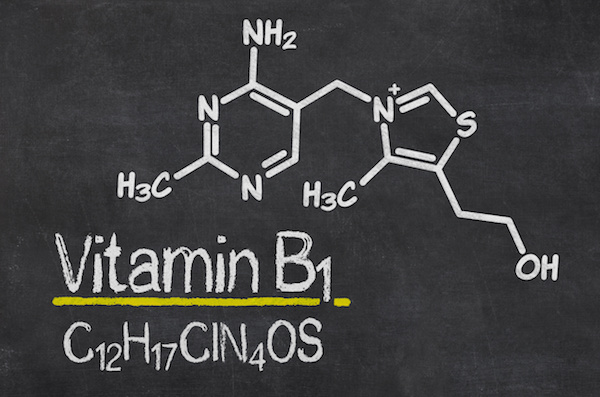
TUESDAY, Feb. 10, 2015 (HealthDay News) — Creatine doesn’t appear to slow the progression of Parkinson’s disease, a new study finds.
Creatine monohydrate is an amino acid believed to play an important role in energy production in cells, a process that may be impaired in people with Parkinson’s disease. Previous research in mice suggested that creatine supplements might potentially protect nerve cells.
Parkinson’s disease is a progressive disorder of the nervous system that causes tremors and affects movement, according to the Mayo Clinic.
The new study included more than 1,700 people in the United States and Canada who had been diagnosed with Parkinson’s disease within the previous five years. All were receiving treatment for Parkinson’s disease. As part of the study, they were randomly assigned to take creatine or a placebo in addition to their usual treatment.
The patients were enrolled from March 2007 to May 2010 and followed up until September 2013. The study was halted early because those taking creatine showed no differences in disease progression compared to those taking the placebo.
“These findings do not support the use of creatine monohydrate in patients with Parkinson’s disease,” study author Dr. Karl Kieburtz, of the University of Rochester, and colleagues wrote.
The study was published Feb. 10 in the Journal of the American Medical Association.
Parkinson’s disease affects about 6 million people worldwide, including more than 500,000 Americans, according to the researchers.
More information
The U.S. National Institute of Neurological Disorders and Stroke has more about Parkinson’s disease.
Copyright © 2026 HealthDay. All rights reserved.

